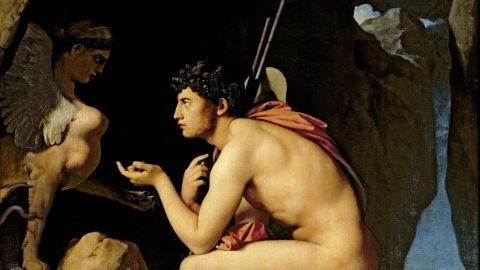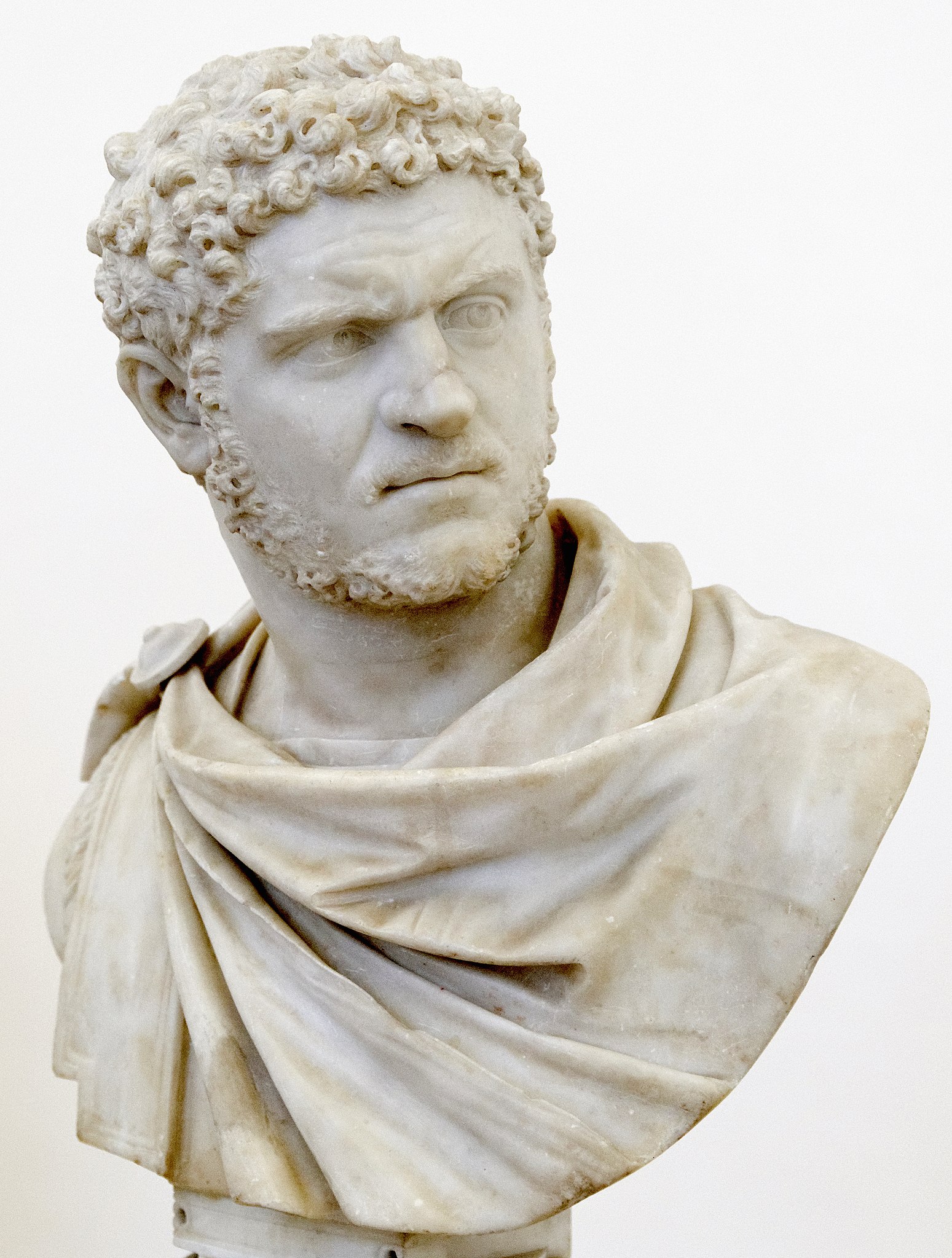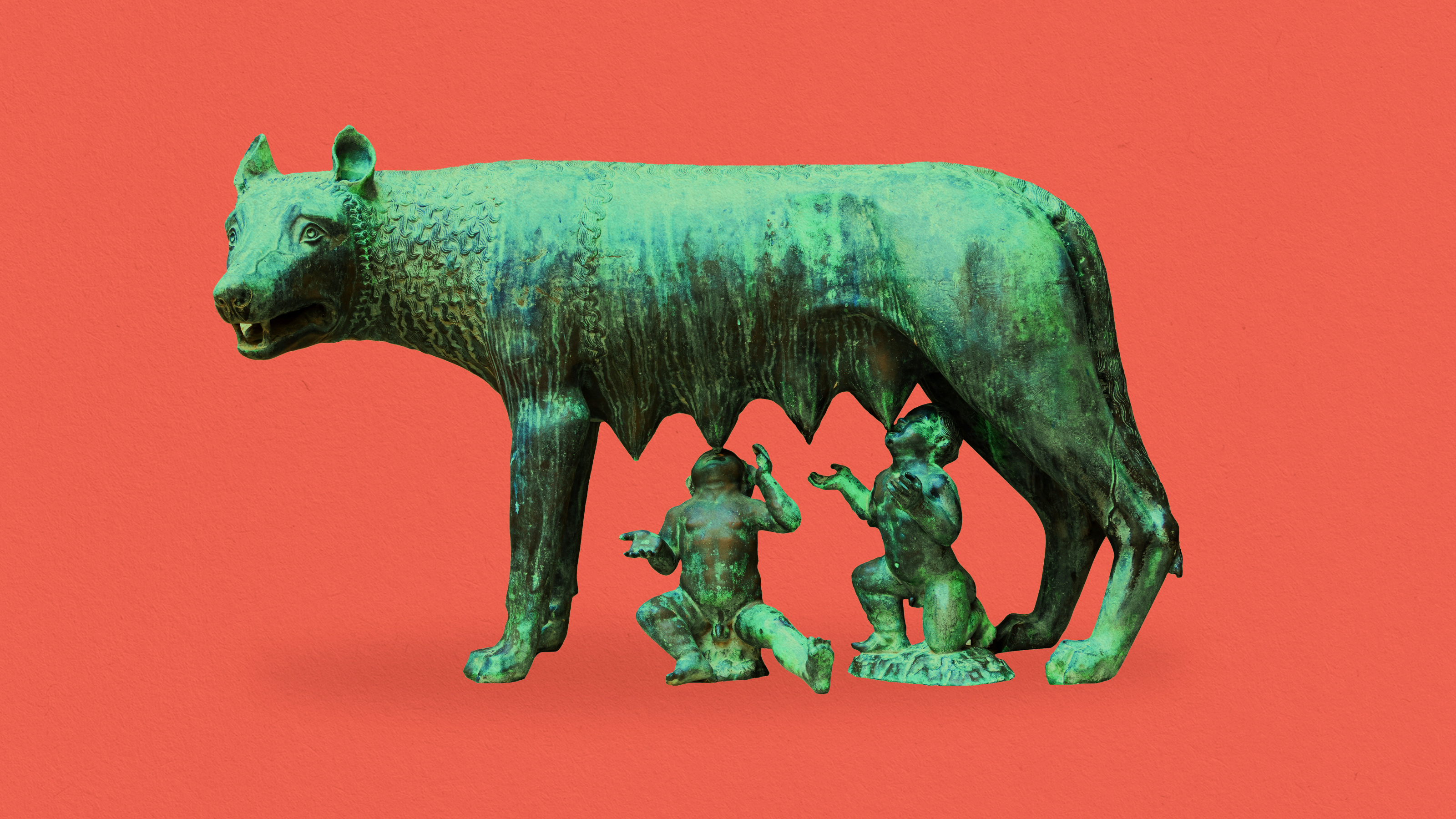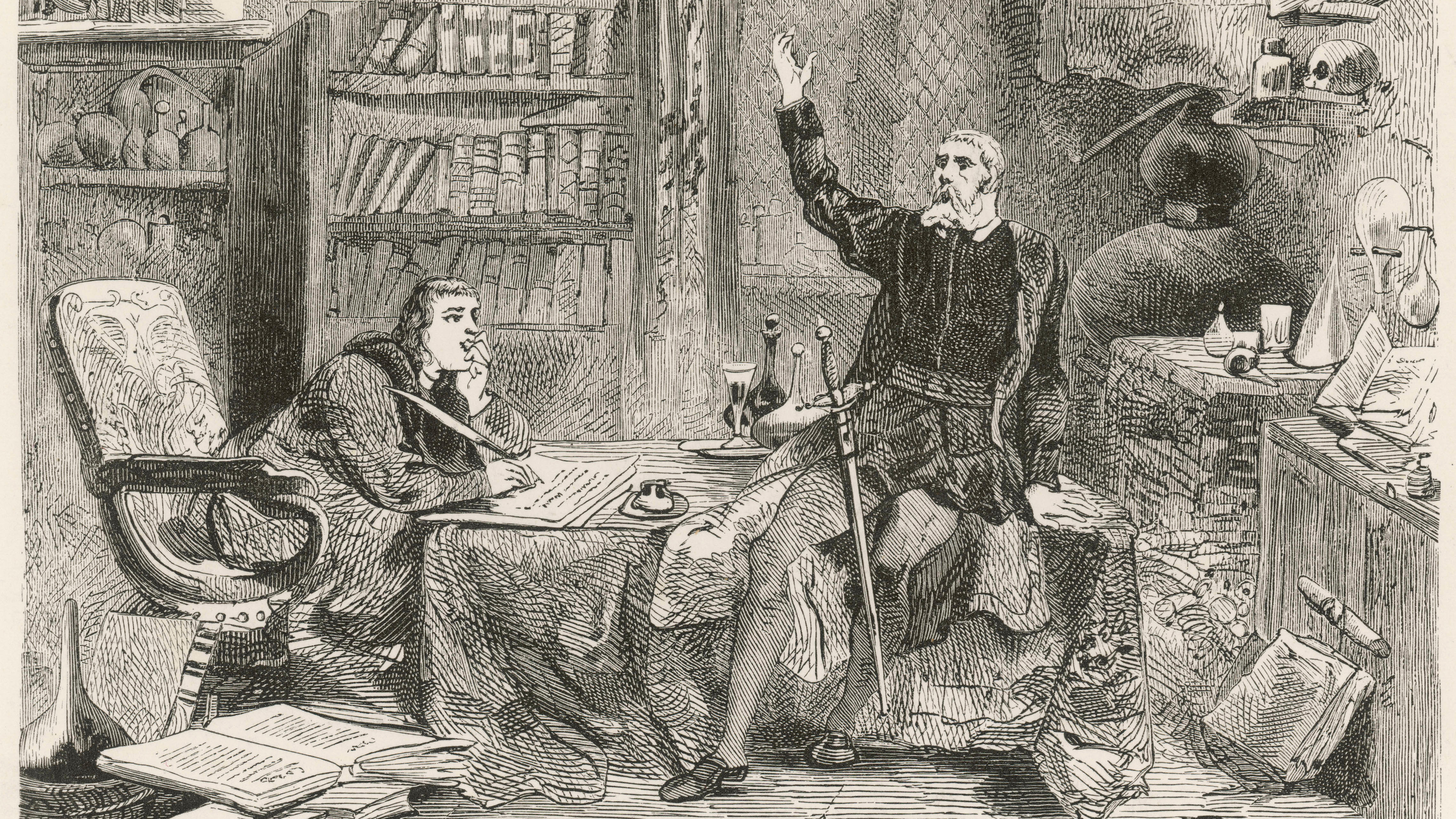How self-fulfilling prophecies have shaped world history

- Self-fulfilling prophecies make for great literary devices, but they are not limited to literature.
- The Roman Emperor Caracalla was killed as a direct result of a prophecy foreshadowing his downfall.
- The American invasion of Iraq has been labeled a self-fulfilling prophecy, as has the ongoing cold war between the U.S. and China.
In Oedipus Rex, a tragedy written by the Greek playwright Sophocles, the Oracle of Delphi informs the titular hero he is destined to kill his father and sleep with his mother. Desperate to avoid this fate, Oedipus leaves his parents and heads for the city of Thebes. On the way, he encounters and kills a stranger. Later, in Thebes, he marries the stranger’s late wife and — after battling a sphinx — is crowned the city’s new king. But fate is unavoidable. Just when Oedipus starts to believe he’s in the clear, he learns that he was adopted, that the stranger he killed was his biological father, and that his newly wedded spouse…well, you know the rest.
Oedipus Rex is one of the most famous examples of a self-fulfilling prophecy: a situation that unfolds despite, in Oedipus’ case, precisely because of one’s conscious efforts to prevent it. Self-fulfilling prophecies make for great literary devices due to their dramatic irony — think of Voldemort attacking the infant Harry Potter or Anakin Skywalker joining the Dark Side. That said, self-fulfilling prophecies are by no means restricted to the realms of fiction. Each time someone fails a test because they stayed up late to study or makes a bad impression on a date because they are so concerned with making a good impression, they are channeling the spirit of poor Oedipus.
Self-fulfilling prophecies have occurred throughout ancient and modern history alike, greatly shaping the world we live in today. As the American sociologist W. I. Thomas once proclaimed: “If men define situations as real, they are real in their consequences.” For an illustration of this point, look no further than Karl Marx and Friedrich Engels, whose testament that communism was the natural outcome of civilizational development directly influenced the revolutionaries who tried to build the first communist governments.
Other self-fulfilling prophecies from history bear an even more obvious resemblance to Sophocles’ tragedy. Below are some of the most remarkable examples.
The kind is dead, long live the king
It was a hot spring morning in Rome, and Emperor Caracalla had already put on his racing uniform when a courier came to deliver him the latest imperial dispatches. Hopping on his chariot, the emperor ordered his right-hand man and praetorian prefect, Macrinus, to take a look and let him know if there was anything urgent when he returned from the race later that day. At a glance, the prefect found nothing of the sort: just a couple of letters detailing the civil affairs — the kind the emperor relegated to his underlings — as well as an update from a prophet he’d asked to check with the gods to see if anybody in the empire was currently plotting to overthrow him.

This, too, was business as usual. Caracalla, like many emperors before and after him, was a hated and paranoid individual with more enemies than he could count. With his hold on absolute power fleeting, he routinely sought out oracles and soothsayers to reveal what his spymasters might have been keeping from him. Macrinus knew the drill: He would pass the names of the (most likely innocent) culprits on to his superior, then help carry out their arrests and executions. That’s what had happened in the past, and it’s what would have happened in this instance also, were it not for the fact that the person this prophet identified as Caracalla’s successor was none other than Macrinus himself.
Macrinus may never have been interested in donning the purple, but he was interested in keeping his head. Knowing news of the prophecy would reach Caracalla sooner or later, he acted quickly. While the emperor was gearing up for a trip to Mesopotamia, the prefect enlisted one of his bodyguards — an embittered centurion named Martialis, who had recently lost his brother in an imperial purge — to assassinate the emperor. According to the historian Livius, Martialis delivered the killing blow while Caracalla was peeing off the side of a road. Caracalla fell, and Macrinus went on to take his place, exactly as the prophet had foretold.
Self-imposed and other-imposed prophecies
The tales of Caracalla and Oedipus offer examples of what sociologists describe as “self-imposed” prophecies, where the outcome of a situation depends on the actions of the people the prophecies are about. Oedipus was told that only he would kill his father, just as Macrinus was told that he and only he would succeed Caracalla as emperor. Another type of self-fulfilling prophecy — one that’s proven to be much more common throughout history — is the so-called “other-imposed” prophecy, where the outcome of a situation depends on the actions of others, as well as our anticipation of them.
In an article on other-imposed prophecies, sociologist Robert Merton outlines a thought experiment about a fictional bank whose overnight bankruptcy reflects the fate many real-world institutions met during the Great Depression and, later, the 2008 financial crisis. In short, Merton imagines a situation where the rumor of insolvency causes an increasing number of clients to retrieve their deposits, reaching a point where insolvency is no longer a rumor but a fact. The article, written in the 1940s, applies this concept to other real-world issues, such as the exclusion of Black workers from labor unions forcing them into strikebreaking, or the stockpiling of arms and resources in anticipation of war raising the actual possibility of war.
Scholars following in Merton’s footsteps have argued that the U.S. invasion of Iraq in 2003 was a kind of self-fulfilling prophecy. The Bush administration had justified the invasion by claiming the country was harboring weapons of mass destruction. Although these weapons were never found, the American presence in Iraq — not to mention the destruction and instability this presence caused — ended up contributing to the formation of terrorist groups, such as the Islamic State of Iraq and the Levant, or ISIL, turning the country and other parts of the Middle East into the very threat that Washington originally perceived but which, up until that point, had never actually existed.
Escaping fate
The vicious cycle created by self-fulfilling prophecies, be they self-imposed or other-imposed, is difficult to break. The harder we try to avoid a particular outcome, the more inevitable this outcome becomes. This is true on an individual level — staying up late to study for an important test — and also on larger scales, such as the U.S. and China heading into a military standoff to keep each other out of their respective sphere of influence. Ultimately, self-fulfilling prophecies are a problem of perception. When we formulate an assumption about the future, we not only start behaving in ways that validate our assumption but also look for validation in the world around us, locking ourselves into a preset course of action.
If we can never truly escape self-fulfilling prophecies, perhaps we can use them to our advantage. In a 1965 experiment, psychologists Robert Rosenthal and Lenore Jacobson told teachers that IQ tests had identified some of their students as gifted. In reality, these students were randomly selected. Still, their academic performance improved, seemingly because of the positive ways they were suddenly being treated by others. Today, this is known as the Pygmalion effect, which describes how higher expectations can lead to an increase in performance. Things that we think will work are more likely to work — just as things we are convinced will happen are more likely to happen. If only Oedipus had known.





